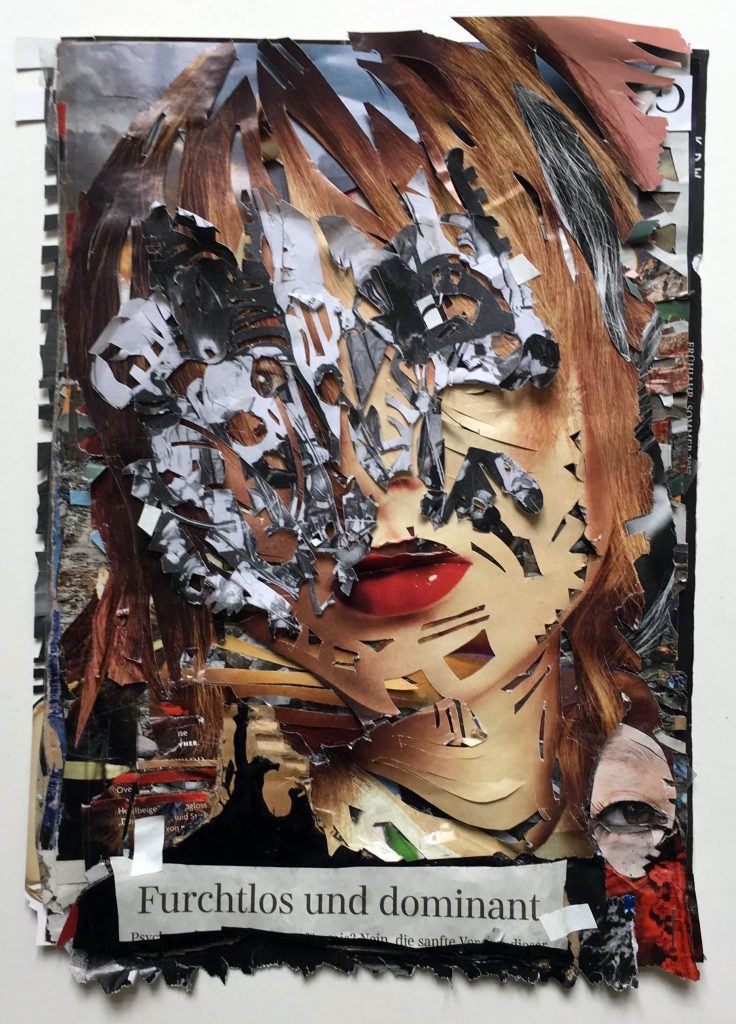by Scott Samuelson
When Confucius was asked what the first thing he’d do if a king were to let him administer the state, he said, “Without question it would be to make sure names are used properly.” His shocked student replied, “Really? Isn’t that a little farfetched?”
It’s easy to share the student’s incredulity. How can proper terms be more beneficial than good laws? Surely, it’s far more important to feed and defend the citizenry than to use language well?! Don’t forget that Confucius was living in a time of violent civilizational collapse. It’s not like we can supply him with the excuse of living in the good old days.
So, is Confucius right? Is naming that important, especially in times of crisis?

Consider a post to ICE officers from the Department of Homeland Security quoting Stephen Miller. Pay attention to how it uses words to name and construct reality, especially the words I’ve put in bold.
REMINDER. “To all ICE officers: You have federal immunity in the conduct of your duties. Anybody who lays a hand on you or tries to stop you or tries to obstruct you is committing a felony. You have immunity to perform your duties, and no one—no city official, no state official, no illegal alien, no leftist agitator or domestic insurrectionist—can prevent you from fulfilling your legal obligations and duties. The Department of Justice has made clear that if officials cross that line into obstruction, into criminal conspiracy against the United States or against ICE officers, then they will face justice.”
Now think about what Stephen Miller tweeted after the shooting of Alex Pretti (again, note the terms in bold): “A would-be assassin tried to murder federal law enforcement and the official Democrat account sides with the terrorists.” Similarly, many others in the Trump administration repeated that Pretti was trying to do “maximum damage and massacre law enforcement.”
Now look at something downstream of such language. Read more »

